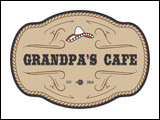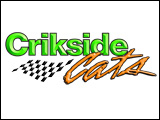The general manager of the National Farm Animal Care Council says the challenge in updating Canada’s Pig Code of Practice has been striking a balance that reflects our scientific understanding of animal welfare, societal expectations and the financial ability of farmers to make changes.
The National Farm Animal Care Council’s Pig Code Development Committee met last month to discuss public comments received on a draft updated Code of Practice for the Care and Handling of Pigs in Canada and consider final changes before the code takes effect and the committee is schedule to meet next month to finalize the code.
Jackie Wepruk, the general manager of the National Farm Animal Care Council, notes over 47 hundred submissions were received on the proposed updated code during the public comment period representing over 32 thousand individual comments on different sections of the code from across Canada, the United States and around the world.
The sheer volume of submissions along with the breadth of perspectives that were offered in those submissions was certainly tremendous.
I think this response was fueled by the deeply personal and emotional response we have to animal welfare coupled with the very real economic realities faced by producers around financial sustainability and competitiveness.
Everyone has a perspective that’s based upon a mix of their values, experiences, knowledge and culture when it comes to animal welfare.
The challenge has been to strike a balance that reflects our scientific understanding of animal welfare, is practical for farmers to actually implement and then also address societal expectations so good welfare for the animals and farmers ability to implement the code absolutely need to be in sync.
The welfare of pigs has certainly been a priority consideration for the Pig Code Development Committee and that’s strongly linked to the ability of farmers to actually implement that code.
Wepruk says NFACC is looking at an end of January deadline for finalizing the code in time to complete the process by the March 31 funding deadline.
She anticipates release of the final code of practice in the spring of 2014.



